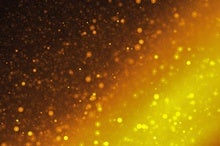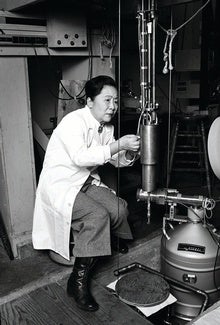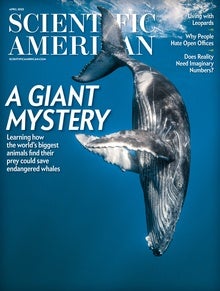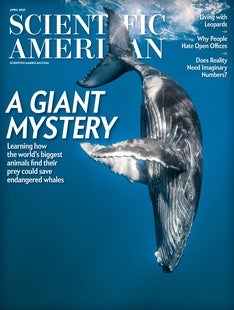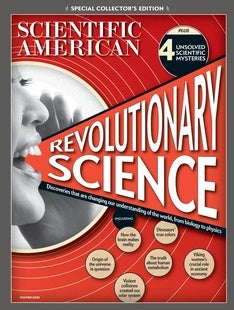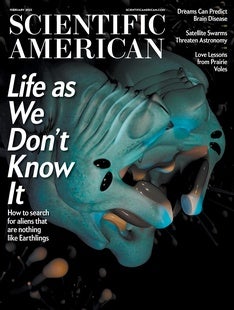 |
| April 07, 2023 |
 |
| |
| |
| |
| |
| |
| |
| Astronomy Science Has New Ideas about 'Oumuamua's Weirdness Our first known interstellar visitor is now long gone, but new research has some ideas about why it moved the way it did while it was in our cosmic neighborhood. |  | By Lee Billings,Meghan Bartels,Jeffery DelViscio | 04:55 | | | |
| |
| |
| |
| |
| Public Health We Need an Operation Warp Speed for Long COVID With millions of people affected and at least $1 trillion of economic value at stake, long COVID is our next national health emergency | | By Esther K. Choo,Scott Duke Kominers | | | |
| |
FROM THE STORE
 | | | |
BRING SCIENCE HOME
 | | Build a 2-Stage Balloon Rocket | 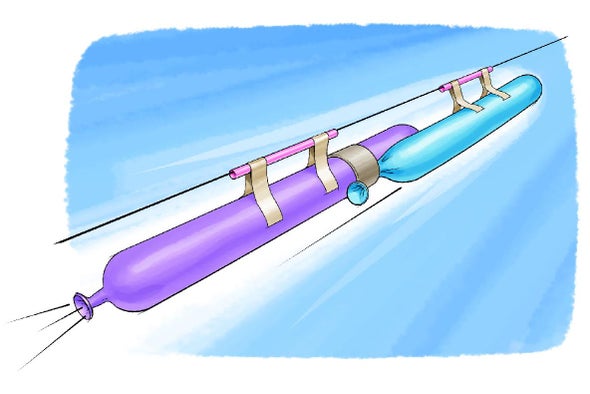 3...2...1...Blast off--and blast off! Try your hand at making a balloon rocket that has two boosters, and learn how much this can help in getting real rockets into space. Credit: George Retseck | If you have ever watched a rocket launch on TV, you might have noticed that rockets have multiple stages. Some parts of the rocket fall off and burn up in the atmosphere whereas the rest of the rocket keeps going. Why does this happen? Try this activity to find out and build your own two-stage rocket using balloons! | |  | |
LATEST ISSUES
 |
| |
| Questions? Comments?  | |
| Download the Scientific American App |
| |
| |


.jpg)
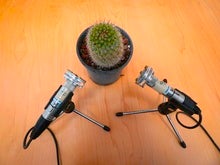
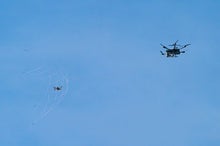

.PNG)



